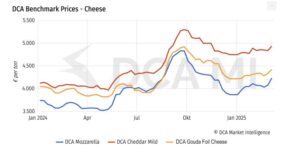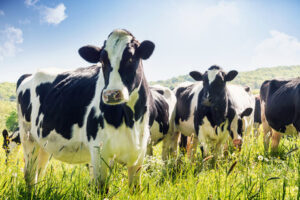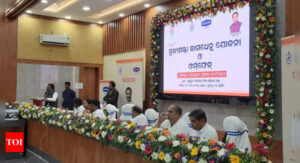
India has come under scrutiny from several countries, including the US, UK, Japan, and Canada, at the World Trade Organization (WTO) over its export restrictions and agricultural subsidies, according to a report by The Economic Times. These countries are seeking clarifications from India on multiple fronts.
Rice export ban
India’s ban on non-basmati white rice exports, imposed in July last year, has prompted the US, UK, Japan, and others to ask when India plans to lift or ease the restriction. Some nations have also inquired whether India is considering replacing the ban with an export duty. The export ban was initially implemented due to domestic food security concerns, though India has made exceptions for countries like Nepal, Mauritius, and Namibia.
Food security concerns
Canada questioned whether India considered the food security of importing countries when imposing restrictions on wheat exports, which India prohibited in May 2022 due to fears of a domestic shortage following crop damage from a heatwave.
Role of agricultural export enterprises
Canada has also sought details on the exports by enterprises such as the National Cooperative Exports Limited (NCEL) and the National Agricultural Cooperative Marketing Federation of India (NAFED), including the value and volume of their exports, export prices, and destination markets.
Subsidies for farmers
Japan raised concerns over India’s electricity subsidies for farmers, noting that the increase in these subsidies appears disproportionate to actual electricity prices. Additionally, Australia and Canada have asked India about the criteria for the PM Kisan Samman Nidhi Yojana, which provides income support to farmers, as well as the support offered by states like Odisha and Andhra Pradesh.
India has provided input subsidies totalling $48.13 billion to low-income or resource-poor farmers for the marketing year from October 2022 to September 2023. According to India’s agricultural census for 2015-16, 99.43 per cent of farm holdings belong to low-income or resource-poor farmers.
Cabinet approves schemes for farmers
The 2024 monsoon season has been unpredictable, leading to erratic rains, flooding, and crop damage. This has resulted in an urgent need for new agricultural practices in the country.
On Wednesday, the Union Cabinet approved the extension of several schemes, including the Pradhan Mantri Annadata Aay SanraksHan Abhiyan (PM-AASHA) to ensure fair prices for farmers and to regulate price fluctuations in essential commodities for consumers. The Cabinet also approved the Bio-RIDE scheme to support research and development in biotechnology, among other initiatives to support the agriculture sector in India.
The Centre is also planning to invest Rs 6,000 crore in smart farming, which includes the use of artificial intelligence (AI), drones, Internet of Things (IoT), and data analysis to boost farming.
Sep 19 2024 | 10:57 AM
IST








